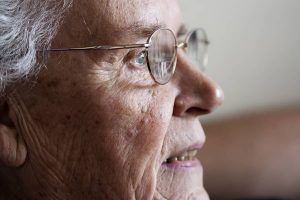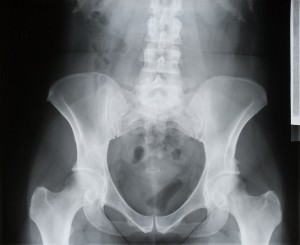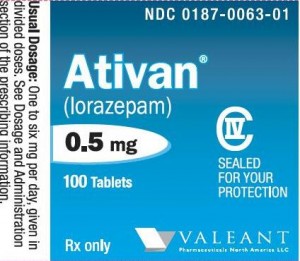
By now you’ve probably heard that older adults are often taking “too many” medications.
You also hopefully know that older people are often prescribed medications that may be harmful, or no longer necessary. The CDC has estimated that adverse drug events send older adults to the emergency room 450,000 times per year.
Why does this happen? Research has shown that “inappropriate prescribing” is common in older adults. Meaning that, when patient charts are carefully reviewed, experts often find that older adults are receiving medications that are ineffective, duplicate the effect of another medication, or otherwise lack a basis for being prescribed.
So what can you do?
To reduce the chance of being harmed by inappropriate medications, the answer is not to look for a super doctor. The answer is to regularly conduct a methodical medication review, in which all medications are reviewed for appropriateness and safety. This is part of a process called “deprescribing.”
Scheduling such regular medication reviews is becoming more common in well-run primary care clinics. But if your doctor’s office doesn’t yet offer this service, you can ask for it.
Geriatricians are trained to do this, but if you can’t find a geriatrician, you should be able to get a decent review from the primary care doctor.
But before you go in, it pays to do a little homework on your own. That’s because the input of a patient and her caregivers is actually crucial to determining whether each medication is appropriate for her.
To help you complete this background preparation for a medication review, just follow the 5-Step process I describe below. This will free up some time when you’re actually seeing the doctor — which might mean more time for questions or discussion — and can help you spot safety issues that a non-geriatrician might otherwise not notice.






 Have you noticed that an older relative seems to be having trouble hearing you at times?
Have you noticed that an older relative seems to be having trouble hearing you at times?


